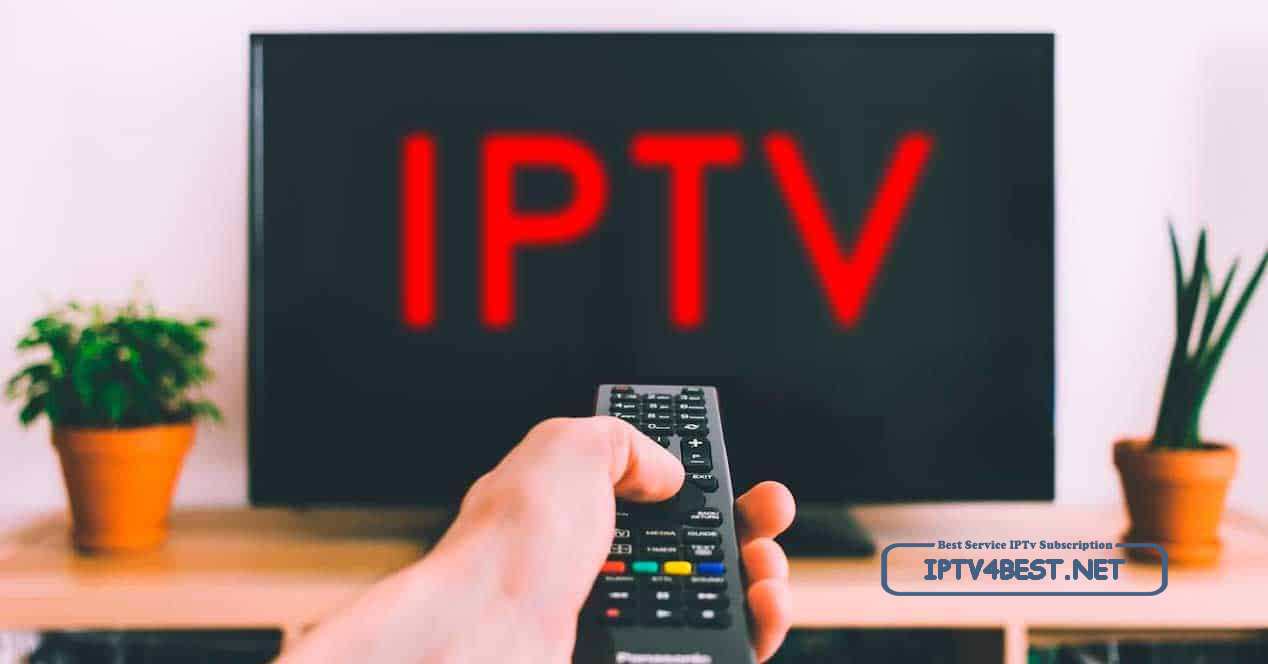Lately, how we engage with media has undergone a remarkable transformation, driven by the rise of IPTV, or Internet Protocol Television. This cutting-edge technology has changed our viewing habits, allowing us to access a multitude of content from anywhere in the world, often at our convenience. As traditional broadcasting methods face competition from streaming platforms, IPTV has emerged as a popular alternative that offers viewers choice and a broad array of choices.
At its core, IPTV provides television programming and other video content through online systems, rather than through traditional terrestrial, satellite, or cable formats. This means that viewers can enjoy live television, video on demand, and even interactive media seamlessly integrated into one platform. As iptv-abonnements explore the realm of IPTV, it becomes clear how this technology is transforming our entertainment landscape and changing the way we engage with media.

What is IPTV
IPTV, is a system that provides television content over the internet instead of using traditional terrestrial, satellite, or cable formats. It utilizes a technology that allows you to view TV shows, movies, and other media on demand, providing an alternative to conventional broadcasting methods. With IPTV, users can stream videos directly to their devices, such as smart TVs, computers, tablets, or smartphones, enhancing their viewing experience.
One of the significant advantages of IPTV is its flexibility. Viewers can enjoy a broad range of channels and content at any time, which allows a more personalized experience. Various IPTV services provide features such as time-shifted TV, where you can watch programs you overlooked, and video-on-demand services that allow you select and watch content whenever you wish. This transition towards on-demand viewing aligns with the growing appetite for more control over how and when media is consumed.
In addition, IPTV can accommodate various formats, such as standard definition, high definition, and even 4K ultrahigh definition, depending on the provider and the user's internet bandwidth. Many IPTV services also incorporate features like interactive television, which lets users engage in live voting, purchasing, or connecting with social media while viewing their beloved shows. As technology advances, IPTV is becoming an progressively popular choice for consumers seeking more control and variety in their media consumption.
Benefits of Internet Protocol Television
Internet Protocol Television offers unparalleled flexibility for viewers. In contrast to traditional cable or satellite TV services, which require viewers to stick to fixed schedules, Internet Protocol Television allows users to watch shows and movies on their own terms. They can stop, rewind the video, or fast-forward content at will, enabling a personalized viewing experience. This level of control caters to the increasingly hectic lifestyles of consumers today, making it easier to fit entertainment into their schedules.
Another significant plus of Internet Protocol Television is the wide variety of content available. With a multitude of channels and on-demand options, viewers can access international programming, specialized content, and even exclusive series and films. This extensive library ensures that there is something for all, catering to varied tastes and likes. Additionally, many IPTV services offer features like recommendation algorithms, making it easier for users to find new content they may enjoy.
Affordability is also a major benefit of IPTV. Many Internet Protocol Television providers offer competitively priced packages that often include more channels and features than traditional cable subscriptions at a lower cost. This affordability makes it an attractive option for those looking to save money without sacrificing their entertainment choices. Furthermore, the absence of extra fees for installation or equipment can lead to significant cost savings over time.
Future of IPTV
What lies ahead of IPTV seems very bright as tech innovations transform the media landscape. With the increasing penetration of high-speed internet and the growth of digital devices, an increasing number of users are likely to adopt IPTV services for their viewing needs. This change is driven by a demand for tailored media distribution and the adaptability that IPTV provides, allowing users to enjoy their beloved programs on multiple devices at their desired time.
Moreover, as telcos and content providers partner to create more comprehensive IPTV solutions, viewers can anticipate an improved viewing experience with features such as engagement options, VOD, and a larger variety of channels. The integration of artificial intelligence and machine learning may also play a pivotal role, enabling IPTV services to suggest customized viewing options based on viewing habits and interests.
As legacy cable continues to decline, IPTV could solidify its position as a main vehicle for content consumption. With increased rivalry and innovation within the industry, IPTV services are predicted to evolve, incorporating additional live sports programming, exclusive offerings, and immersive technologies, such as immersive experiences and enhanced visuals. The progression of IPTV signifies a major change in how viewers interact with media, making the future of this technology an exciting aspect of modern entertainment.
